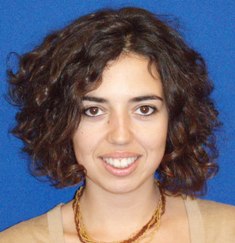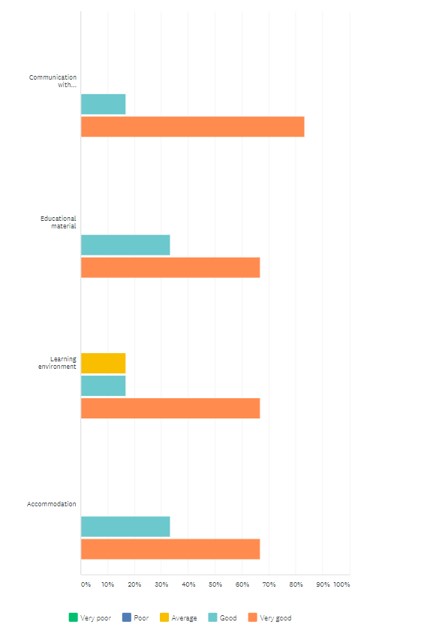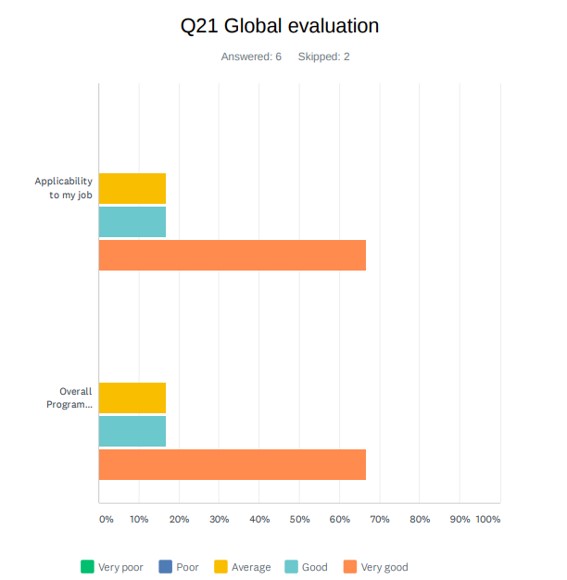
KeTLOD Bridge : Scholarships for facilitating the transfer of knowledge and leadership in organ donation and transplantation from Europe to China (2018-2019)
Chloë Ballesté1,2, Entela Kondi2, Arantxa Quiralte2, Alba Coll2, Elisa Vera2, Aleksandra Jovic2, Martí Manyalich1,2, KeTLOD Consortium3.
1Surgery and Surgical Specializations, University of Barcelona, Barcelona, Spain; 2DTI Foundation, Barcelona, Spain; 3KeTLOD Consortium, Barcelona, Spain
Introduction: KeTLOD Bridge is translated into Chinese as Kai Lu Qiao, which means building new roads and bridges. The aim of this initiative is to provide international scholarships to Chinese talents interested in contributing to the practices of organ donation and transplant through training and professional support to continue developing organ donation in China.
Materials and Methods: The educational design and methodology included three types of training, according to the participants’ experience, professional specialization and interest: 1. KeTLOD Bridge International Master, 2. Postgraduate in Organ Donation, Management and Quality or Postgraduate in Organ Transplantation, Management and Quality and 3. Medical Educational Visit.
1. KeTLOD Bridge International Master
The program included blended (online and face-to-face) training and a 6-week internship. The aim is to bring together knowledge, skills and best practices that benefit professionals in the field.
A diploma has been issued by the University of Barcelona, accredited with 60 ECTS.
2. Postgraduate in Organ Donation / Transplantation, Management and Quality
The postgraduate program involved a blended program with a common module on management, quality and leadership component and a module on donation or transplantation, according to the participants’ specialty background.
The postgraduate included a 2-week internship and was awarded by a Diploma issued by the University of Barcelona, accredited with 30 ECTS.
3. Medical Educational Visit
The Medical Educational Visit consisted on training, hospital visits and regional transplant organization visit. The visits aim at providing the attendees with a practical and direct vision of the skills they have acquired previously during the face-to-face training.
Results and Discussion: The participants’ main backgrounds were: OPO (42%), Transplant surgery (21%), Red Cross personnel (11%) and Transplant Directors (10%), representing 8 different regions. From the 20 selected participants, 7 completed the training. The main reasons for dropout was the lack of time available to complete the course and/or to travel to Barcelona for the face-to-face course or the academic visits. Yet, strong engagement was identified from the participants who completed the scholarship.
The average online grades were 5,75/10 for Organ Procurement module and 6,99/10 for Organ Transplantation. The average face-to-face grades were 7,83/10 for Organ Procurement module, 8,40/10 for Organ Transplantation and 7,54/10 for Leadership, Quality and Management module.
A post-training assessment survey was conducted among participants for continuous improvement. As appears in Figure 1 and 2, overall experience was perceived as very positive.

Conclusion: KeTLOD Bridge is a successful initiative to grant identified or potential Chinese leaders in organ donation and/or transplantation, with the knowledge and experience required to apply best practices in their daily work.
There are no comments yet...